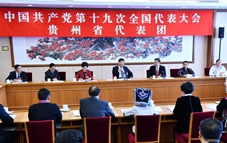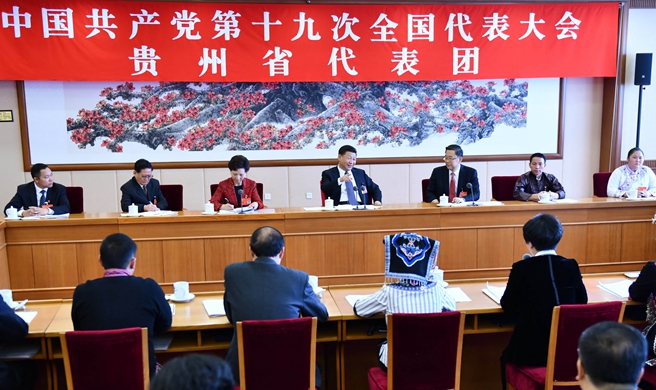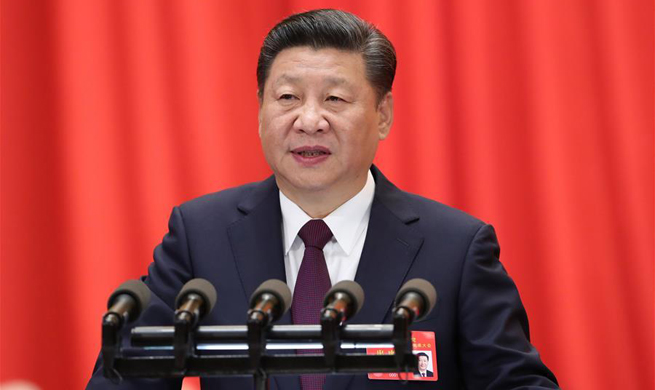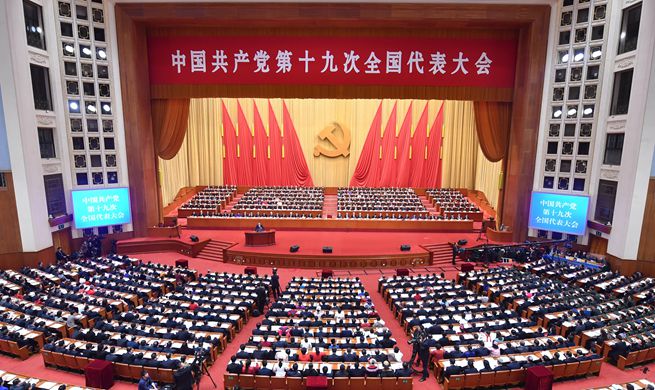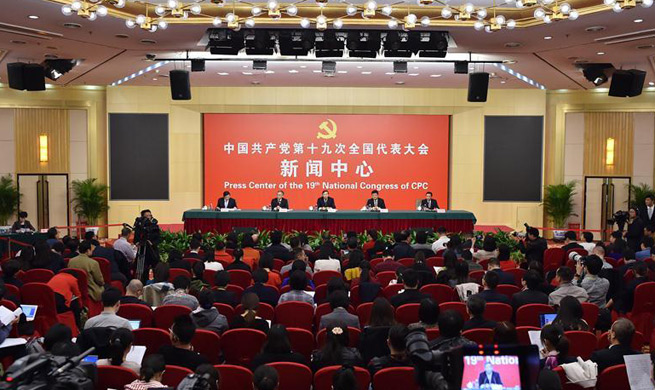RIO DE JANEIRO, Oct. 19 (Xinhua) -- The International Labor Organization (ILO) released Thursday an official statement criticizing vehemently the recent changes in the legislation over slave labor in Brazil.
The ILO regretted the changes, which made the definition of slave labor -- work similar to slavery and exploitative work -- less rigid.
Slave-like labor in Brazil was previously defined as work that included degrading conditions and excessive workloads. After new rules were issued earlier this week, the definition now applies only if workers are forced to stay at their jobs.
According to ILO, in the past 20 years, Brazil was a global reference in reducing work similar to slavery and exploitative work, but the regulation changes can lead to an interruption of the "successful trajectory that has made it a model of leadership in combating slave labor for the region and the world."
"The seriousness of the situation is the possible weakening and limitation of the effective performance of labor inspection, with the consequent increase in the lack of protection and vulnerability of a portion of the Brazilian population already very fragile," ILO said.
Brazilian President Michel Temer was much criticized by social activists and even by the Brazilian Labor Justice for the changes, which critics say are a bid by Temer to gain support from the most conservative members of the Congress.
The president will face next week a House voting which may lead to his suspension from office and to a trial for obstruction of justice and criminal associations.
The ILO warned Brazil that "governments should take steps to promote due diligence to combat slave labor, both in the public sphere and in the private sphere."
"It would be regrettable to see the country retreat from the already established instruments, without replacing or complementing them with others that aim to bring even more protection to the workers, thus ensuring respect to the dignity of the human person," the ILO said.









